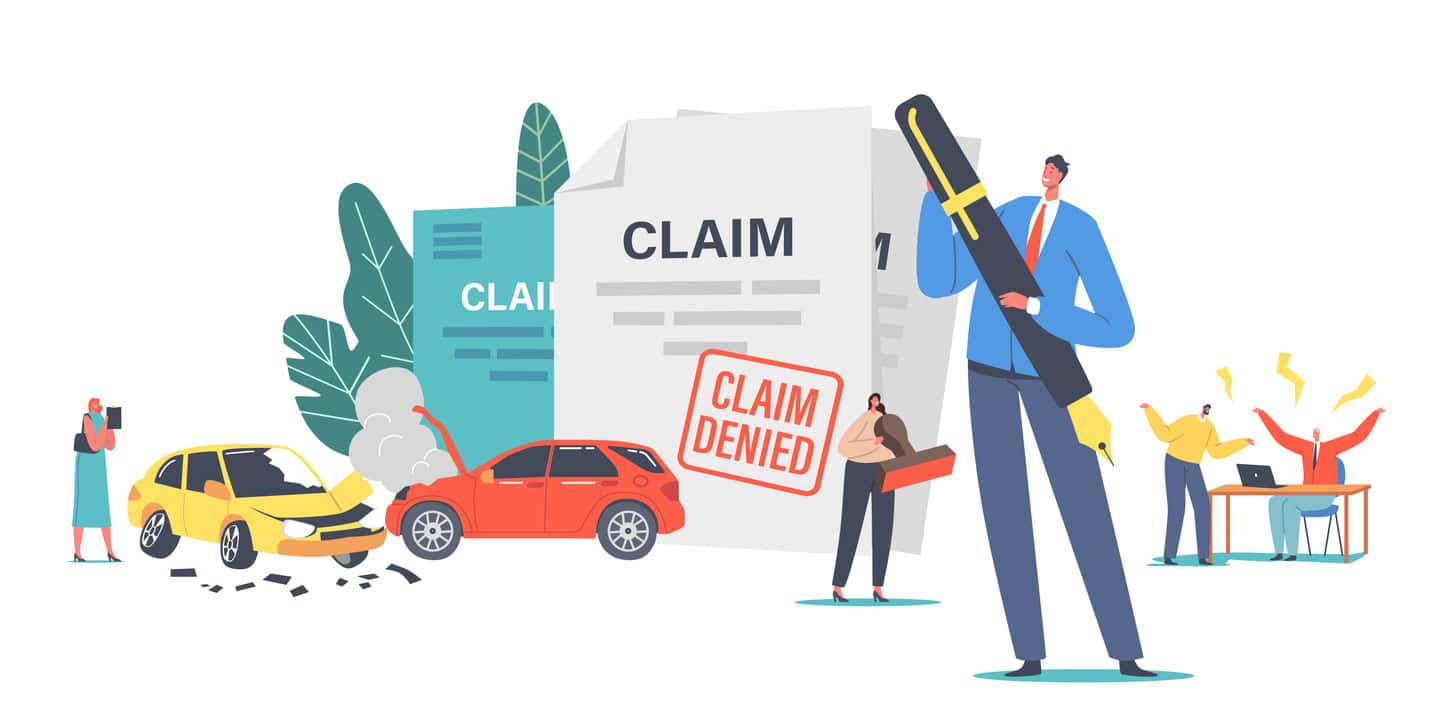It Happens More Than You Think
You were in a car accident. Hit by a driver who failed to yield. The police report confirms they were at fault and even shows they were driving without a license. You send the report to their insurance company, expecting a quick decision.
Weeks later, nothing. The adjuster says they’re “waiting for the other driver’s statement” before moving forward.
Meanwhile, your medical bills are piling up, your car is still in the shop, and you’re wondering if you’ll ever see a settlement.
Unfortunately, this is a common tactic.
In Texas, insurance companies are required to handle claims promptly, but some will drag their feet (especially if it benefits their bottom line).
Why Insurance Companies Delay Claims
Insurance companies are businesses. Every day they hold onto your settlement money is another day they can invest it or pressure you into settling for less.
Common reasons they delay:
- Profit motive: They save money by earning interest and delaying payouts.
- Leverage: The longer you wait, the more likely you are to accept a low offer.
- Information control: They can use delay time to dig for details they can twist against you.
Consumer advocates have even documented how certain insurers (including major players like Allstate) have adopted strategies that encourage delay, deny, and defend behavior when a claimant pushes for fair value.
Common Delay Tactics in Texas Car Accident Claims
1. “Waiting on the Other Driver’s Statement”
Even when a police report clearly shows the other driver was at fault, some insurers refuse to decide until they’ve spoken to their insured. In Texas, that’s not required to move forward when liability is reasonably clear. This stall tactic can add weeks or months to your claim.
Your move: Document every time you’re told they’re waiting for a statement. If the delay becomes unreasonable, this could be a bad-faith issue.
2. Excessive or Repetitive Document Requests
They already have the police report, your medical records, and repair estimates but now they’re asking for more paperwork, sometimes the same documents again. This isn’t “thoroughness,” it’s a stalling tactic.
Texas law tip: Insurers have 15 business days to request necessary documents after you file your claim. Keep proof of what you’ve sent and when.
3. The “Silent Treatment”
You call. You email. Nothing. Weeks pass without a single update. In Texas, an insurer must respond within a reasonable time. Ignoring you without explanation is not acceptable.
Your move: Keep a contact log. Escalate to a supervisor or file a complaint with the Texas Department of Insurance if silence continues.
4. Lowball Offers Followed by Slowdowns
You turn down an unreasonably low settlement offer. Suddenly, everything slows down (more reviews, more “internal approvals,” and more waiting). This is a pressure tactic to get you to reconsider their first offer.
Texas law tip: If liability is clear, the insurer must attempt a prompt, fair settlement. Deliberately slowing the process after a lowball can be bad faith.
5. Changing Adjusters
Your claim gets passed from Adjuster A to Adjuster B to Adjuster C, each one “getting up to speed” while the clock ticks. This resets the timeline and keeps you off balance.
Your move: Ask why your adjuster changed and what specific steps are left before a decision is made. Document their answers.
What Texas Law Says About Insurance Delays
The Texas Prompt Payment of Claims Act sets strict timelines:
- 15 business days to acknowledge your claim and request needed info
- 15 business days to decide once they have everything (can extend by 45 days with a valid reason)
- 5 business days to pay after approval
If they miss these deadlines without justification, they may owe you interest, penalties, and attorney fees.
What You Can Do Right Now
- Document Everything – Calls, emails, letters, dates, names, and what was said.
- Get Reasons in Writing – Ask for a written explanation of any delay.
- Know Your Deadlines – In Texas, you generally have two years from the crash date to file a lawsuit.
- Consult an Attorney – The sooner you bring in legal help, the sooner the insurer knows they can’t push you around.
If your claim is already stalling, do not wait.
Call Jim Adler today for a FREE consultation and let our team push your case forward. We know every delay tactic in the book, and we know how to beat them.
Jim Adler’s Bottom Line
Insurance delays are not just inconvenient, they’re strategic. Whether it’s “waiting for a statement,” burying you in paperwork, ignoring your calls, or dragging things out after a lowball offer, these tactics are designed to wear you down.
Texas law gives you rights, but you have to act to enforce them. The longer you wait, the more leverage the insurance company has.
Don’t let them control the timeline.
Call Jim Adler today for a FREE consultation and let us fight to get your claim moving toward the settlement you deserve.





